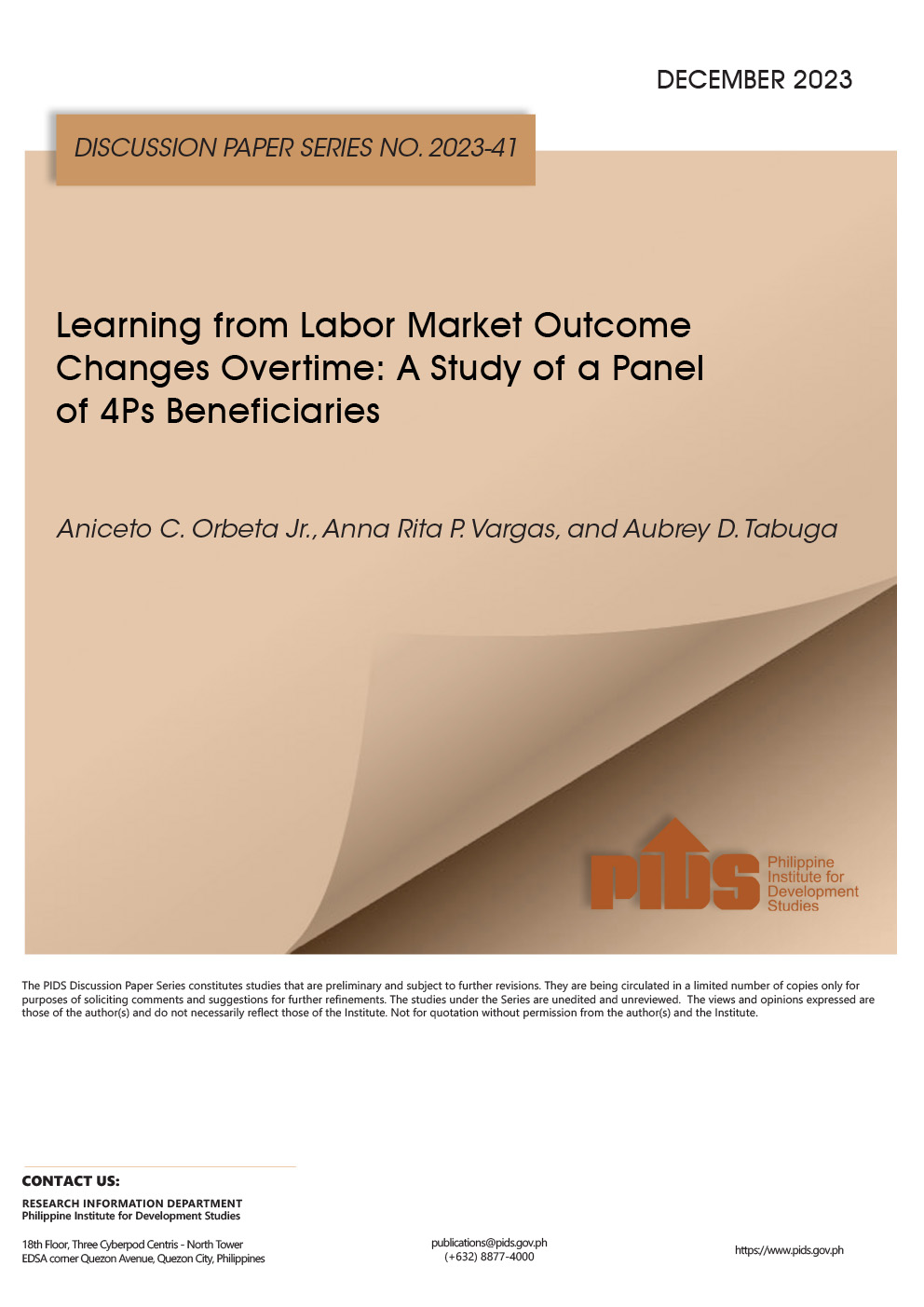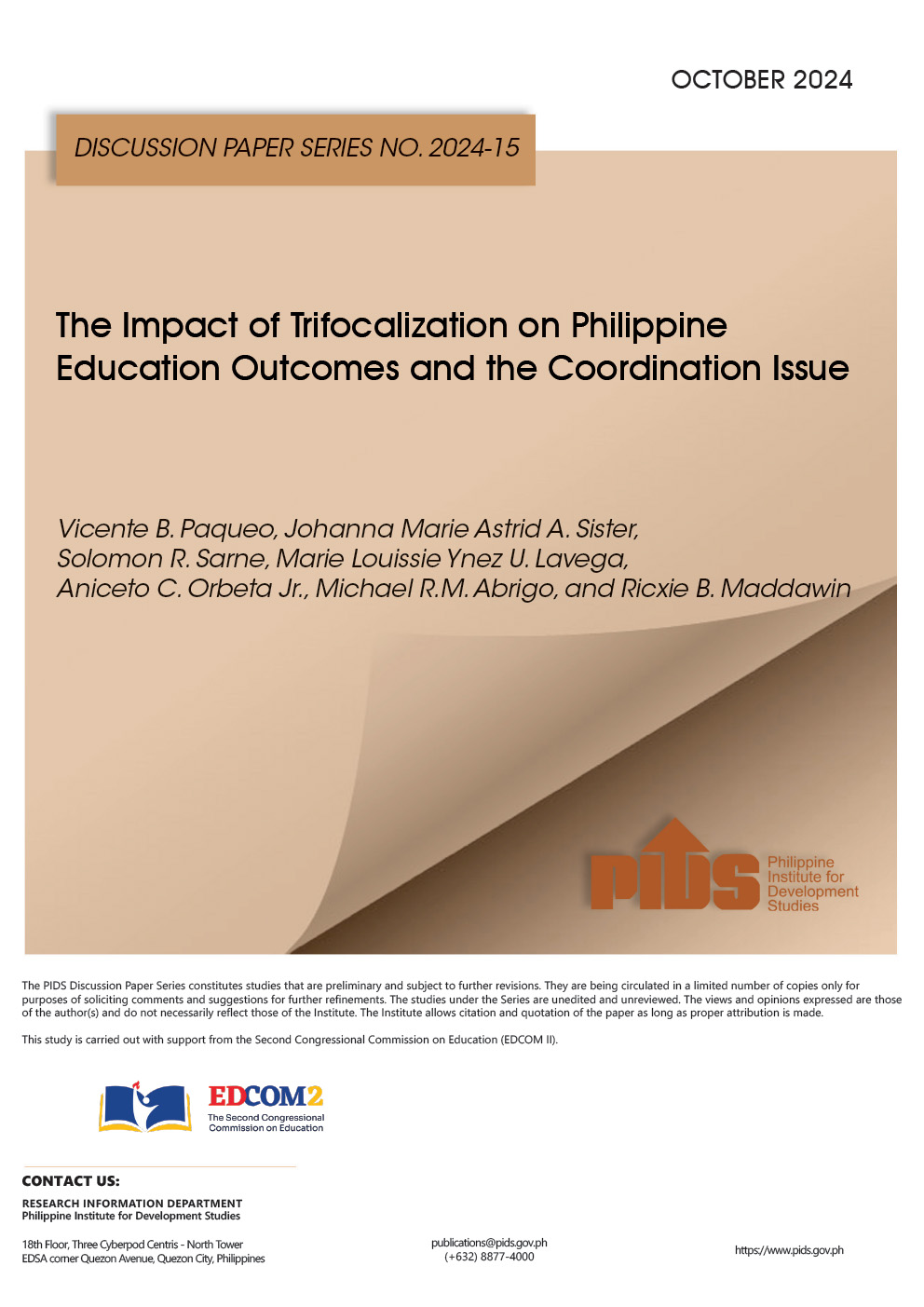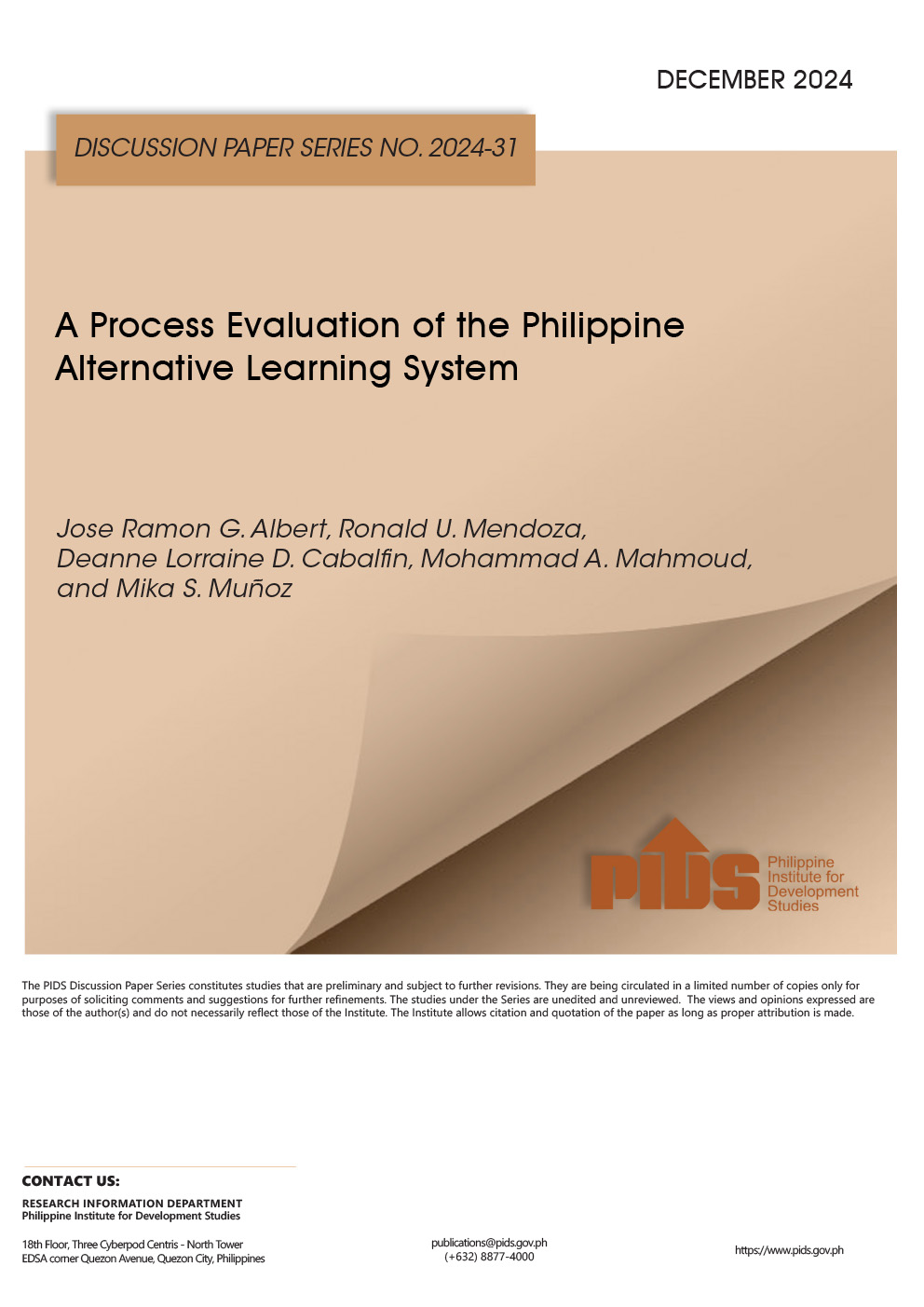Despite being against the law, wealthy households—especially those in gated communities—have been refusing to participate in state-sanctioned surveys, thus, distorting official data on income and economic growth estimates in the country.
This was disclosed in a policy note authored by Philippine Institute for Development Studies (PIDS) Senior Research Fellow Jose Ramon G. Albert, Senior Research Specialist Ronina D. Asis and Research Assistant Jana Flor V. Vizmanos.
The researchers said this explained why poverty remained almost constant, despite high economic growth since 2006.
The lack of cooperation of wealthy households in surveys pushed survey estimates downward, especially given the rising opportunity costs of answering FIES [Family Income and Expenditure Survey], which takes five hours to accomplish,” the researchers said.
The researchers found that there were 204 barangays with sampled households who refused at least once during the two visits for the 2012 FIES. There are also barangays with sampled households in 2012 FIES that do not have recorded barangay characteristics during the 2010 Census of Population and Housing (CPH).
Albert said the Philippine Statistics Authority (PSA) has been having a hard time administering survey questions to wealthy households in gated communities and exclusive condominiums.
This, despite provisions in the Philippine Statistical Act of 2013, stating that respondents to all government surveys are mandated to provide information. This information must be truthful and complete.
Supposedly, you are prohibited from declining to be a respondent. [But] imagine going to Forbes Park and to condos where enumerators are not even allowed to enter by security guards. If they are allowed to enter, the boss is not around and only the house help is at home,” Albert told the BusinessMirror.
Apart from this, Albert said another reason wealthy households are not surveyed is that it takes a long time to finish. Administering the FIES takes about five hours.
One way wealthy households skirt the five-hour interview is when they leave instructions at home for the enumerators to just come back for the accomplished forms. However, heads of households just leave the survey forms unaccomplished. “Maybe [it’s] possible income surveys are underestimated and national accounts are overestimated,” Albert said. “Clearly, current instruments have to be reviewed
But Albert said there are ways to cut the survey time, as what other countries are doing, like having separate interviews per type of survey. He said that in Malaysia, for instance, the household income survey is separatefrom the expenditure survey. These changes have allowed countries to cut their survey time to around 30 minutes to an hour, significantly lower than the five hours it takes to complete one FIES in the country.
If the PSA does not make changes to its data-collection protocols and create special surveys to trace and monitor income, the researchers said this could lead to further data inaccuracies
The absence of data from wealthy households leads to different consumption patterns in goods and services, as well as distorts the ability of surveys to paint actual economic conditions.
This leads to an overestimation of poverty and underestimation of inequality in the country.
This has consequence, not only to poverty targeting, but also to revenue targeting [especially given the current government’s moves for taxation reform]. However, national accounts are not themselves necessarily more accurate, as they are limited by availability of basic data,” the researchers said.
The FIES is a nationwide survey of households undertaken every three years. It is the main source of data on family income and. expenditure, as well as the basis of the country’s population data.
Wealthy families not participating in state surveys, P.I.D.S gripes
BusinessMirror
Albert, Jose Ramon G.; Asis, Ronina D.; Vizmanos, Jana Flor V.












